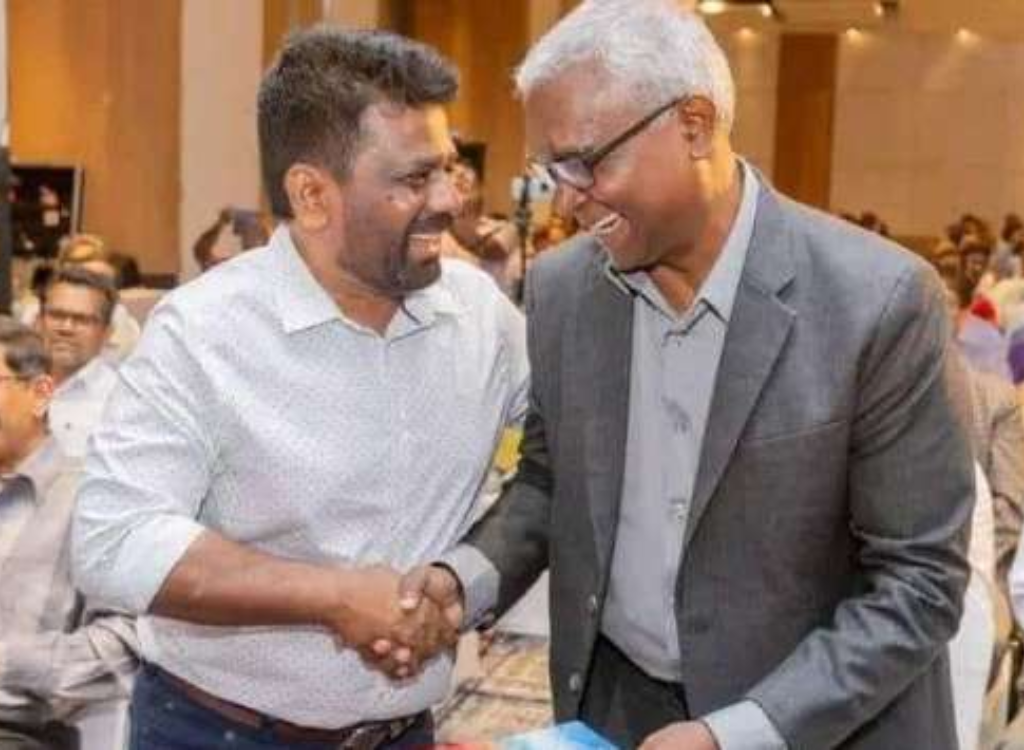Ceylon Electricity Board (CEB) Chairman Tilak Siyambalapitiya has tendered his resignation, citing undue political interference and disagreements over the proposed electricity tariff adjustments.
According to sources at the Ministry of Energy, Siyambalapitiya submitted his resignation in writing this week, amid intensifying internal tensions regarding the future of electricity pricing in Sri Lanka.
The resignation comes at a critical juncture when the CEB, in consultation with the Public Utilities Commission of Sri Lanka (PUCSL), is preparing to propose a significant electricity tariff hike, potentially between 25% to 35%, in a move aimed at aligning with conditions set by the International Monetary Fund (IMF).
The IMF has made the implementation of a cost-reflective pricing formula a key condition for unlocking the next disbursement of its loan package to Sri Lanka. Failure to meet this requirement has already delayed the release of a tranche worth USD 344 million.
However, sources indicate that internal disagreements between the CEB and PUCSL have led to policy gridlock. While the PUCSL approved a 20% reduction in electricity tariffs in January this year, the CEB reportedly opposed the move, warning it would drive the institution back into significant losses.
Senior CEB officials confirmed that losses have indeed surged again, with the board incurring a Rs. 271.1 billion deficit by the end of February 2025. This follows a brief financial recovery in 2023 and 2024, when the CEB posted profits of Rs. 61 billion and Rs. 141 billion respectively, following earlier IMF-mandated tariff increases.
In 2022, the CEB had reported a record loss of Rs. 473 billion attributed to debt servicing, state bank borrowings, fuel payments to the Ceylon Petroleum Corporation, and dues to private power producers. The two rounds of tariff hikes that followed helped reduce the utility’s financial burden substantially, but the January 2025 rollback has once again destabilised its recovery.
Reports suggest that Siyambalapitiya’s resignation was also motivated by mounting frustration over political interference in operational matters and pressure to deviate from cost-recovery pricing mechanisms.











Leave a comment